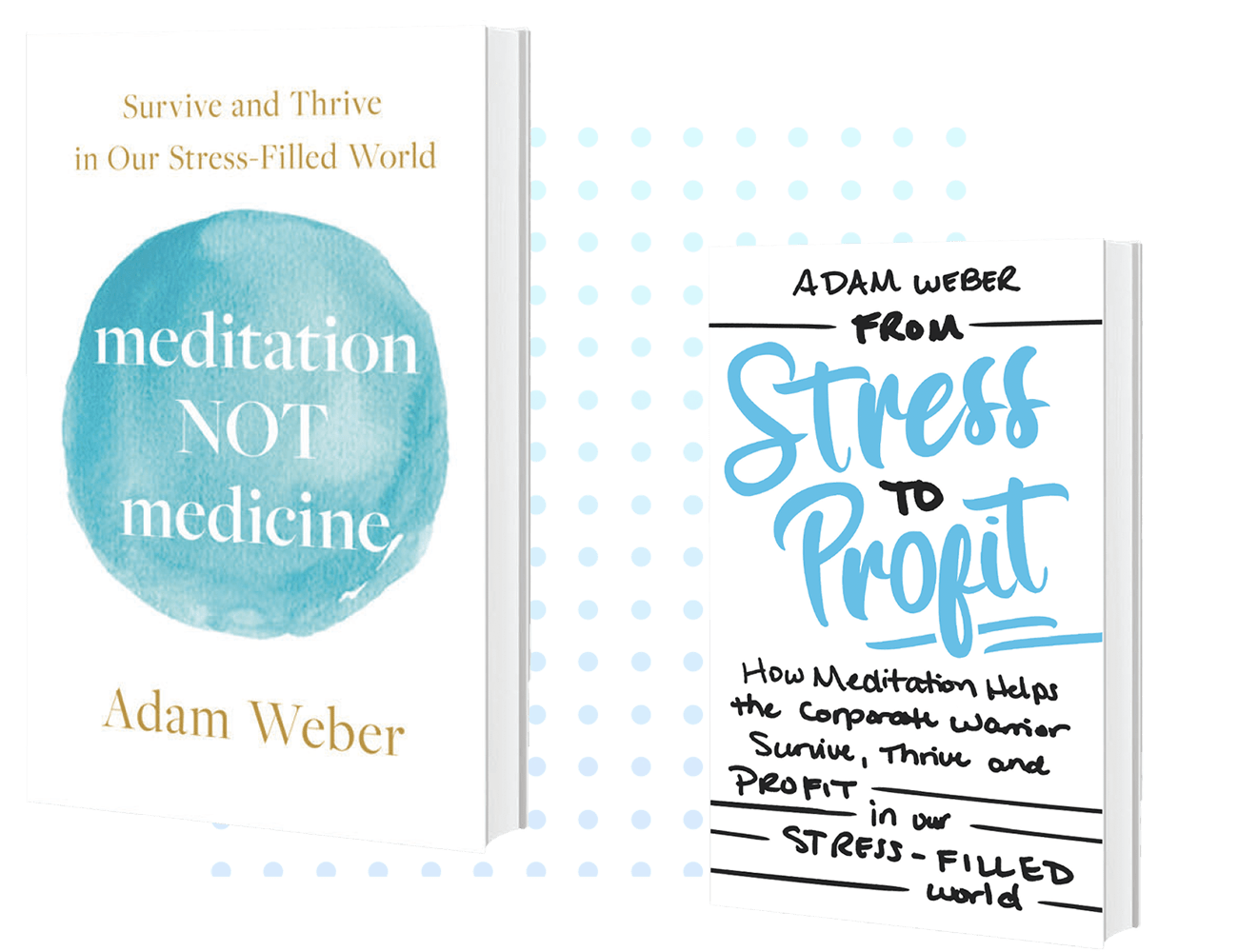Meditation and brain research have been going on for years, with new studies coming out regularly. A regular meditation practice can have an amazing variety of neurological benefits – from changes in gray matter volume to reduced activity in the “me” centers of the brain to enhanced connectivity between brain regions.
In this article, I will highlight some of the most exciting studies to come out in the last few years, and show that meditation actually produces measurable changes in our brains.
Meditation Helps Preserve the Aging Brain
A study from UCLA found that long-term meditators had better-preserved brains than non-meditators as they aged. Those who had been meditating for an average of 20 years had more gray matter volume throughout the brain. Although older meditators still had some volume loss compared to younger meditators, it wasn’t as pronounced as the non-meditators. “
Meditation Reduces Activity in the Brain’s “Me Center”
A study carried out at Yale University, found that mindfulness meditation decreases activity in the default mode network, the brain network responsible for mind-wandering and self-referential thoughts, also known as the “monkey mind.” The default mode network is “on” or active when we’re not thinking about anything in particular, when our minds are just wandering from thought to thought. Since mind-wandering is typically associated with being less happy, ruminating, and worrying about the past and future, it’s the goal for many people to dial it down. Multiple studies have shown that meditation, through its quieting effect on the default mode network, appears to do just this. And even when the mind does start to wander, because of the new connections that form, meditators are better at snapping back out of it.
Meditation Rival Antidepressants for Depression, Anxiety
A review study at Johns Hopkins looked at the relationship between mindfulness meditation and its ability to reduce symptoms of depression, anxiety, and pain. Researcher Madhav Goyal and his team found that the effect size of meditation was moderate, at 0.3. If this sounds low, keep in mind that the effect size for antidepressants is also 0.3, which makes the effect of meditation sound pretty good. Meditation is, after all an active form of brain training. “A lot of people have this idea that meditation means sitting down and doing nothing,” says Goyal. “But that’s not true. Meditation is an active training of the mind to increase awareness, and different meditation programs approach this in different ways.” Meditation isn’t a magic bullet for depression, as no treatment is, but it’s one of the tools that may help manage symptoms.
Meditation May Lead to Volume Changes in Key Areas of the Brain
In 2011, Sara Lazar and her team at Harvard found that mindfulness meditation can actually change the structure of the brain: Eight weeks of Mindfulness-Based Stress Reduction (MBSR) increased cortical thickness in the hippocampus, which governs learning and memory, and in certain areas of the brain that play roles in emotion regulation and self-referential processing. There were also decreases in brain cell volume in the amygdala, which is responsible for fear, anxiety, and stress and these changes matched the participants’ self-reports of their stress levels, indicating that meditation not only changes the brain, but it changes our subjective perception and feelings as well.
Just a Few Days of Training Improves Concentration and Attention
Having problems concentrating is not just a kid thing. It affects millions of grown-ups, whether with an ADD diagnosis. Interestingly but not surprisingly, one of the central benefits of meditation is that it improves attention and concentration. One recent study found that just a few weeks of meditation training helped people’s focus and memory during the verbal reasoning section of the GRE. In fact, the increase in score was equivalent to 16 percentile points, which is nothing to sneeze at.
Meditation Reduces Anxiety — and Social Anxiety
Many people start meditating for its benefits in stress reduction, and there is lots of evidence to support this rationale. There’s a whole newer sub-genre of meditation, mentioned earlier, called Mindfulness-Based Stress Reduction (MBSR), developed by Jon Kabat-Zinn at the University of Massachusetts’ Center for Mindfulness (now available all over the country), that aims to reduce a person’s stress level, physically and mentally. Studies have shown its benefits in reducing anxiety, even years after the initial 8-week course.
Research has also shown that mindfulness meditation can reduce anxiety. Mindfulness meditation has also been shown to help people with social anxiety disorder: a Stanford University team found that MBSR brought about changes in brain regions involved in attention, as well as relief from symptoms of social anxiety.
Meditation Can Help with Addiction
A growing number of studies have shown that, given its effects on the self-control regions of the brain, meditation can be very effective in helping people recover from various types of addiction. One study, for example, pitted mindfulness training against the American Lung Association’s freedom from smoking (FFS) program, and found that people who learned mindfulness were many times more likely to have quit smoking by the end of the training, and at 17 weeks follow-up, than those in the conventional treatment. This may be because meditation helps people “decouple” the state of craving from the act of smoking, so the one doesn’t always have to lead to the other, but rather you fully experience and ride out the “wave” of craving, until it passes. Other research has found that mindfulness training, mindfulness-based cognitive therapy (MBCT), and mindfulness-based relapse prevention (MBRP) can be helpful in treating other forms of addiction.
Short Meditation Breaks Can Help Kids in School
Meditation has as much promise for kids as it has for adults. There’s been increasing interest from educators and researchers in bringing meditation and yoga to school kids, who are dealing with the usual stressors inside school, and oftentimes additional stress and trauma outside school. Some schools have started implementing meditation into their daily schedules, and with good effect.
One district in San Francisco started a twice daily meditation program in some of its high-risk schools, and saw suspensions decrease, and GPAs and attendance increase. Studies have confirmed the cognitive and emotional benefits of meditation for schoolchildren, but more work will probably need to be done before it gains more widespread acceptance.


